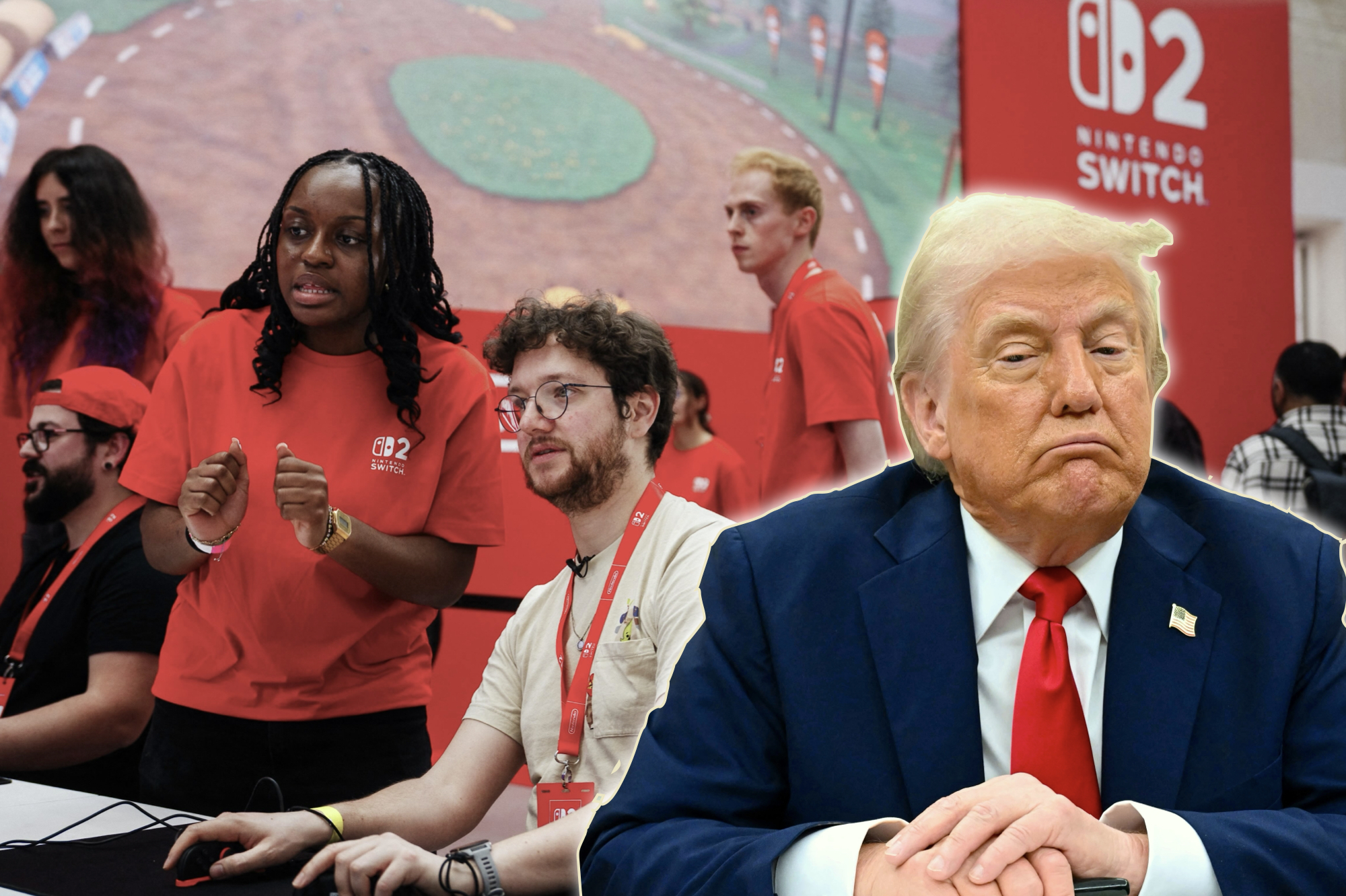- cross-posted to:
- games@hexbear.net
- technology@lemmit.online
- cross-posted to:
- games@hexbear.net
- technology@lemmit.online
Nintendo Fanatics / content consumers in USA Blame Donald Trump White House After Japanese Switch 2 Delayed in U.S. Due to Tariffs: ‘Worst President of US History’ <<< Video gamers can’t tell they are inside simulacra
Video gamers can’t tell they are inside simulacra
“Whenever I ask my Russian bosses, the older TV producers and media types who run the system, what it was like growing up in the late Soviet Union, whether they believed in the Communist ideology that surrounded them, they always laugh at me.
“Don’t be silly,” most answer.
“But you sang the songs? Were good members of the Komsomol?”
“Of course we did, and we felt good when we sang them. And then straight after we would listen to ‘Deep Purple’ and the BBC.”
“So you were dissidents? You believed in finishing the USSR?”
“No. It’s not like that. You just speak several languages at the same time, all the time. There’s like several ‘you’s.”
Seen from this perspective, the great drama of Russia is not the “transition” between communism and capitalism, between one fervently held set of beliefs and another, but that during the final decades of the USSR no one believed in communism and yet carried on living as if they did, and now they can only create a society of simulations. For this remains the common, everyday psychology: the Ostankino producers who make news worshiping the President in the day and then switch on an opposition radio as soon as they get off work; the political technologists who morph from role to role with liquid ease—a nationalist autocrat one moment and a liberal aesthete the next; the “orthodox” oligarchs who sing hymns to Russian religious conservatism—and keep their money and families in London. All cultures have differences between “public” and “private” selves, but in Russia the contradiction can be quite extreme.”
― Peter Pomerantsev, Nothing Is True and Everything Is Possible: The Surreal Heart of the New Russia, year 2014
“We like to think of ourselves as immune from influence or our cognitive biases, because we want to feel like we are in control, but industries like alcohol, tobacco, fast food, and gaming all know we are creatures that are subject to cognitive and emotional vulnerabilities. And tech has caught on to this with its research into “user experience,” “gamification,” “growth hacking,” and “engagement” by activating ludic loops and reinforcement schedules in the same way slot machines do. So far, this gamification has been contained to social media and digital platforms, but what will happen as we further integrate our lives with networked information architectures designed to exploit evolutionary flaws in our cognition? Do we really want to live in a “gamified” environment that engineers our obsessions and plays with our lives as if we are inside its game?” ― Christopher Wylie, Mindf*ck: Cambridge Analytica and the Plot to Break America, 2019
“The military just used different terms—modeled influence attribution or target profiles observed acting in concert. But in fashion, we just call that a trend.” ― Christopher Wylie, Mindf*ck: Cambridge Analytica and the Plot to Break America, year 2019
“Technopoly is a state of culture. It is also a state of mind. It consists in the deification of technology, which means that the culture seeks its authorization in technology, finds its satisfactions in technology, and takes its orders from technology.” ― Neil Postman, Technopoly: The Surrender of Culture to Technology, 1992
Clown Population. The clowns inside the White House are only a small fraction of a total society of mock for mock, reactionary mocking, clowns. The entire nation is a “basket case of clowning around” on social machines / HDTV media machines / mockery.
People like to play a game of psychological denial and say ONLY MAGA is the clowns, only the White House is the clowns. It’s the entire population of Untied States of America.


